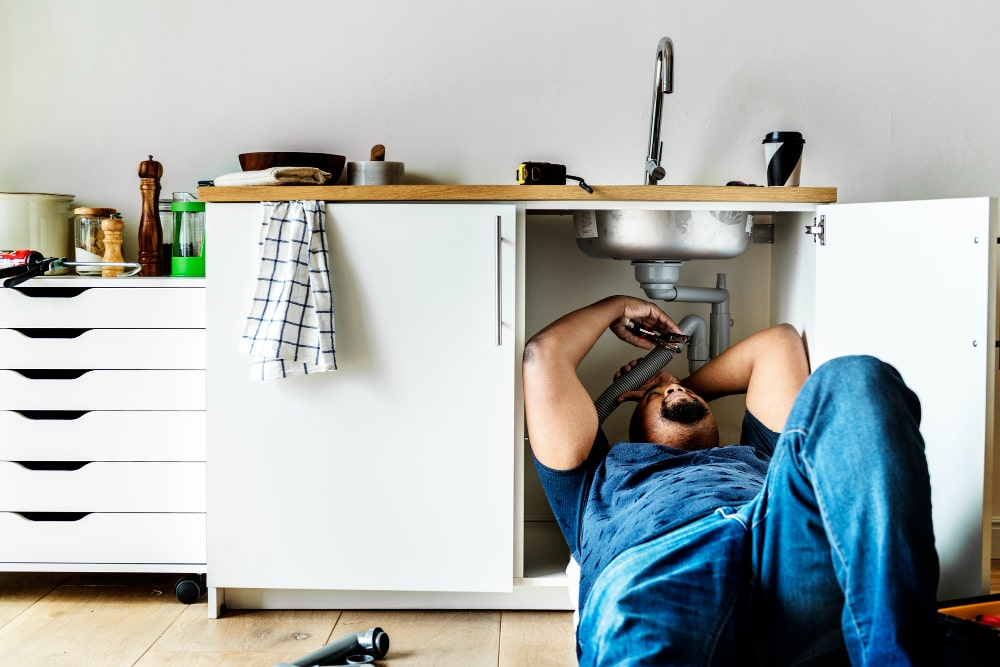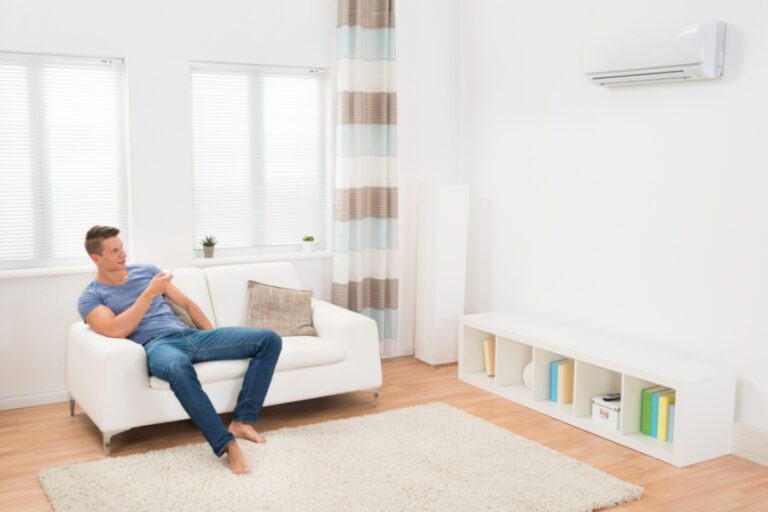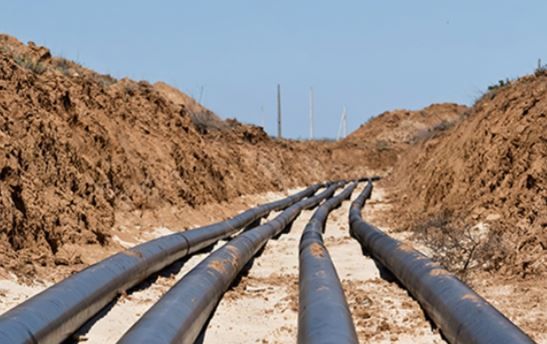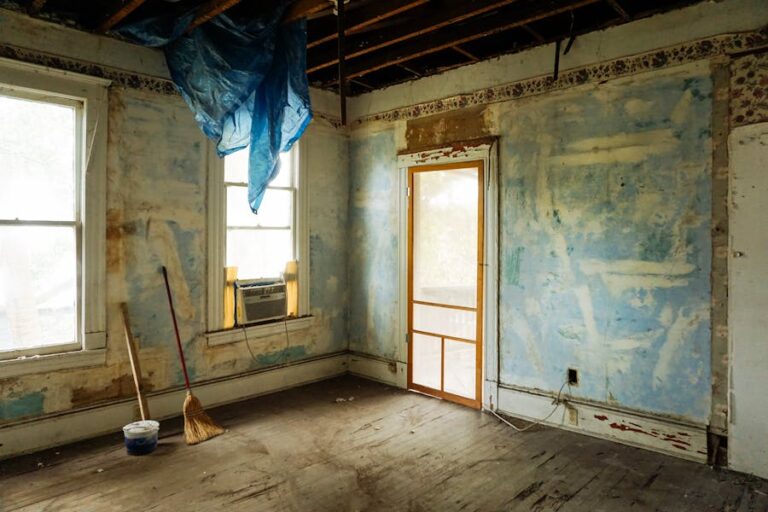Water leaks in a home can be more than just an annoyance; they can cause significant water waste and damage, leading to costly repairs and high utility bills. Understanding how to identify and address leaks is essential for any homeowner looking to conserve water and protect their property. This guide will walk you through the practical steps to spot and stop water waste efficiently and effectively.
Recognizing the Signs of Water Leaks
The first step in combating water waste is recognizing the signs of a leak. Some leaks are obvious, like a dripping faucet or a leaking water heater. However, others can be hidden, slowly causing damage without immediate signs. Here’s what to watch for:
- Unusually High Water Bills: If your water bill spikes without an obvious reason, it could indicate a leak.
- Musty Smells: Persistent damp, musty odors can be a sign of hidden water leaks.
- Mold and Mildew: These not only pose health risks but also indicate excess moisture, which could be due to a leak.
- Stains or Damage: Water stains on ceilings and walls or bubbling paint and wallpaper are common indicators of leaks.
- Sounds of Running Water: Hearing water when no tap is open can point to a leak.
When you suspect a leak but can’t find the source, it might be time to call in a professional. A residential plumber in Sydney, for instance, can use specialized tools to detect hidden leaks and repair them before they cause more damage.
Common Sources of Leaks and How to Address Them
Leaks can occur anywhere water is used in your home. Here are some common sources and tips on how to address them:
- Toilets: To check for leaks, add a few drops of food coloring to the tank. If the color appears in the bowl without flushing, you have a leak. Replacing the flapper or adjusting the float might solve the problem.
- Faucets: Dripping faucets are usually caused by worn washers or gaskets. These are inexpensive and generally easy to replace.
- Showerheads: Similar to faucets, leaky showerheads often need a new washer, and ensuring a tight connection can also help.
- Pipes: Look for signs of corrosion or moisture on exposed pipes. For hidden pipes, listen for the sound of running water or use a moisture meter to detect dampness in walls and floors.
- Appliances: Check hoses and connections on dishwashers, washing machines, and refrigerators with water dispensers. Replace any that are cracked or leaking.
Preventative Maintenance to Avoid Future Leaks
Regular maintenance is key to preventing leaks and the associated water waste:
- Regular Inspections: Schedule annual inspections of your plumbing system. Look for signs of wear and tear and fix small issues before they become major problems.
- Winterize Pipes: Prevent pipes from freezing and bursting in cold weather by insulating them.
- Monitor Water Pressure: High water pressure can cause undue strain on your plumbing system and increase the likelihood of leaks. Consider installing a pressure regulator.
- Replace Old Plumbing: If your home is older and still has its original plumbing, consider a full or partial replacement to modernize and protect against leaks.
DIY Leak Detection and Repair
For those who prefer to handle things themselves, here are some DIY tips:
- Use Dye Tablets for Toilet Leaks: These are inexpensive and can confirm a slow leak that isn’t obvious.
- Teflon Tape for Threads: Apply Teflon tape to the threads of shower heads and hose connections to ensure a tight seal and prevent leaks.
- Check Appliance Hoses: Regularly inspect hoses on appliances for kinks, cracks, or leaks. Replace hoses every 5-7 years as a preventative measure.
Educating Yourself and Your Family
Educating yourself and your family on the importance of conserving water and recognizing leaks is also vital:
- Teach Water Conservation: Encourage family members to turn off taps when not in use and to report drips or leaks immediately.
- Understand Your Water Meter: Knowing how to read your water meter can help you detect unseen leaks. Check the meter before and after a two-hour period when no water is being used. If the meter changes, you likely have a leak.
When to Call a Professional
While many leaks can be fixed with DIY methods, some situations require professional intervention:
- Major Pipe Leaks: If you have a burst pipe or a major leak in your plumbing system, turn off the main water supply and call a professional immediately.
- Slab Leaks: These leaks occur under the foundation of your home and require specialized equipment and expertise.
- Installation of New Fixtures: To ensure that new plumbing fixtures are installed correctly and without leaks, consider hiring a professional.
Final Thoughts
Dealing with leaks promptly not only saves water but also protects your home from damage, preserves its value, and can save you money on water bills.
Whether you choose to tackle leaks yourself or hire a professional, staying vigilant about water use and maintenance is the key to managing this crucial resource responsibly. Armed with the right knowledge and tools, you can ensure that your home remains leak-free and environmentally friendly.







